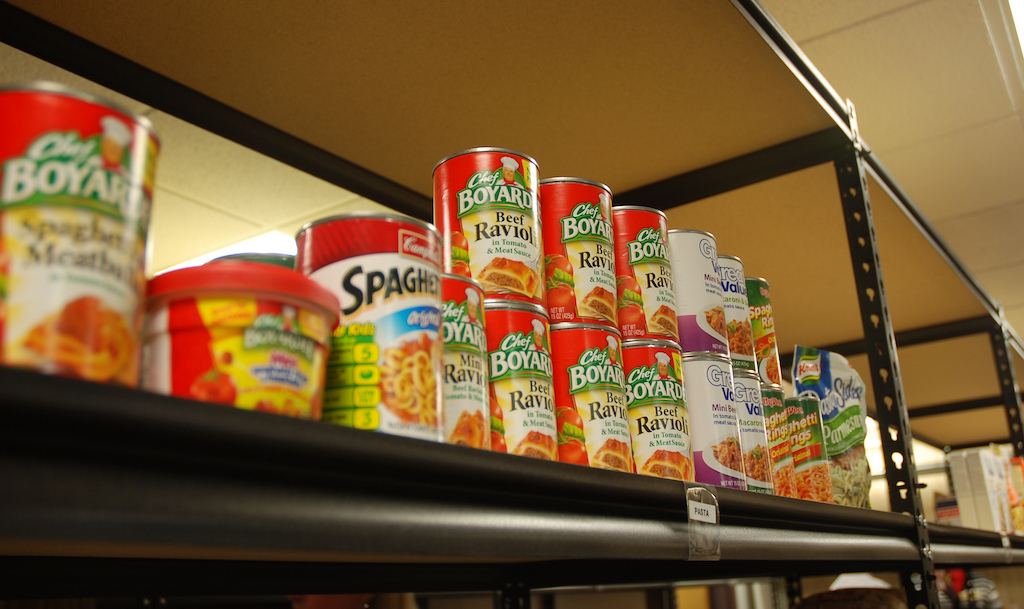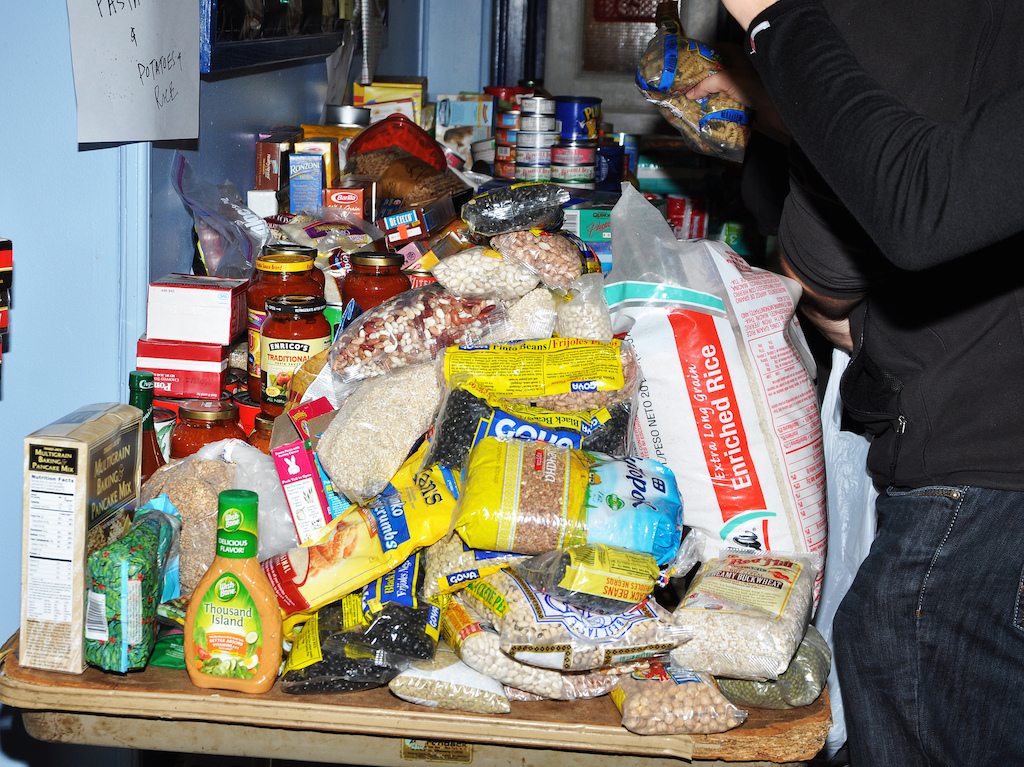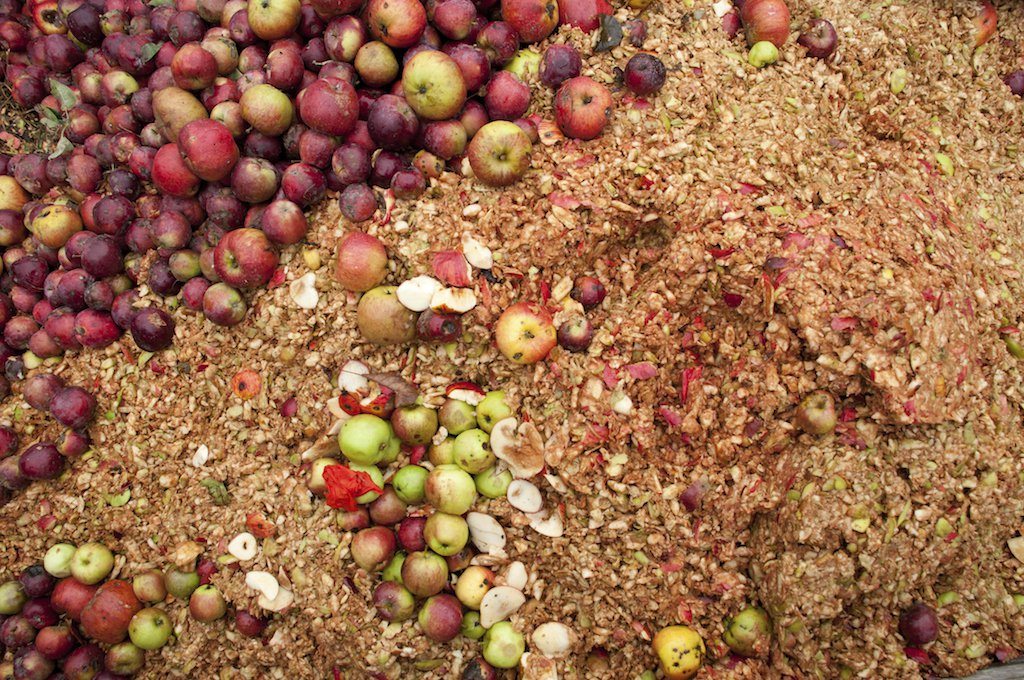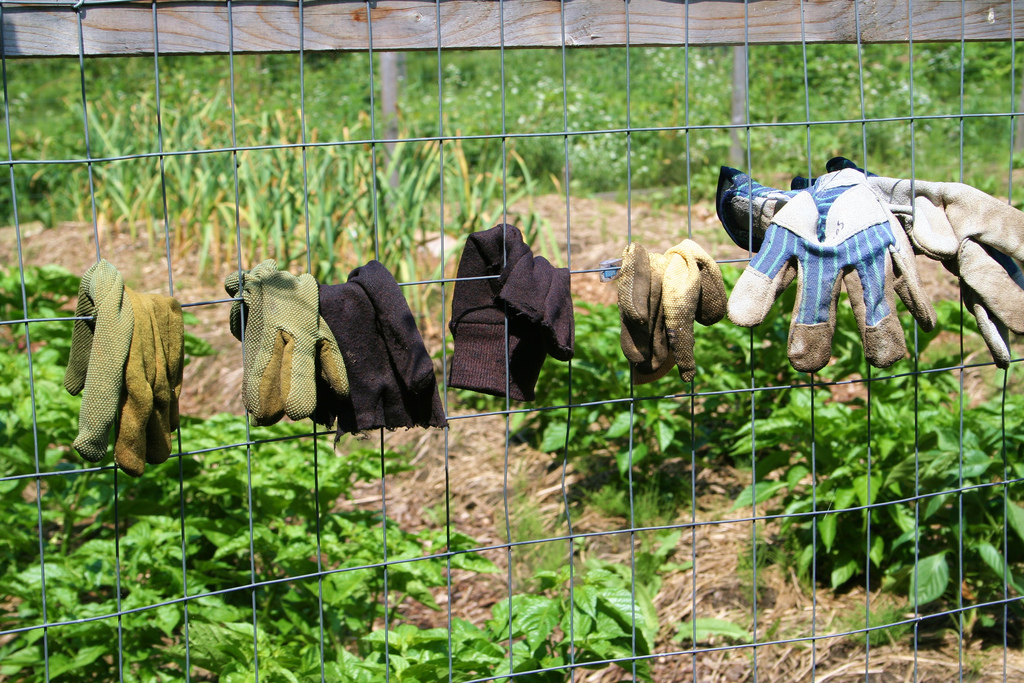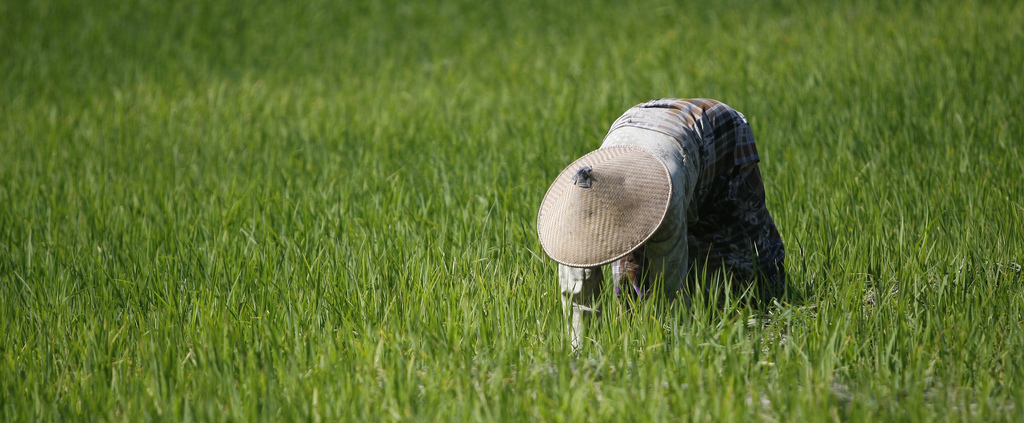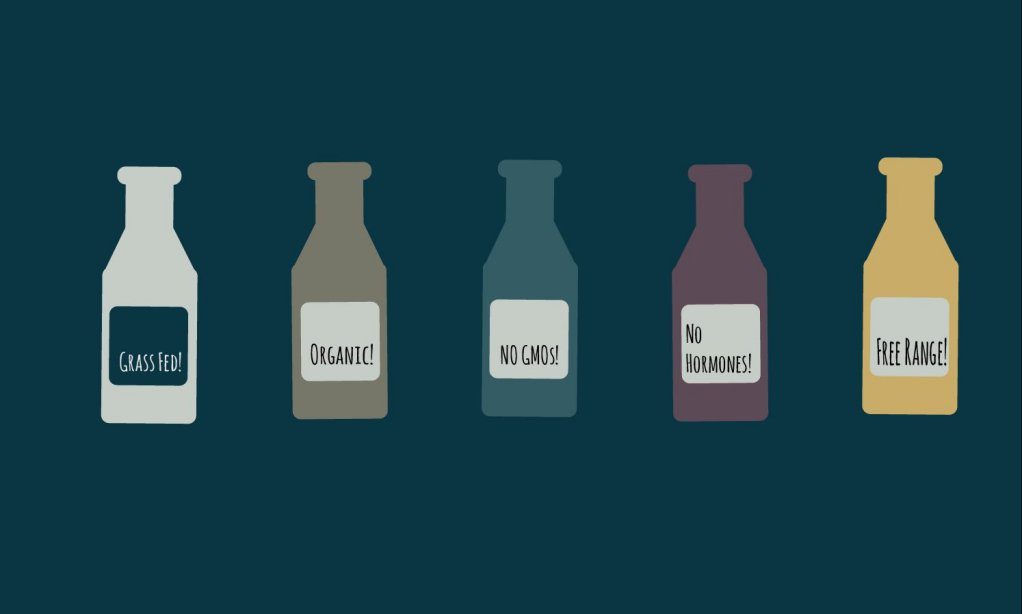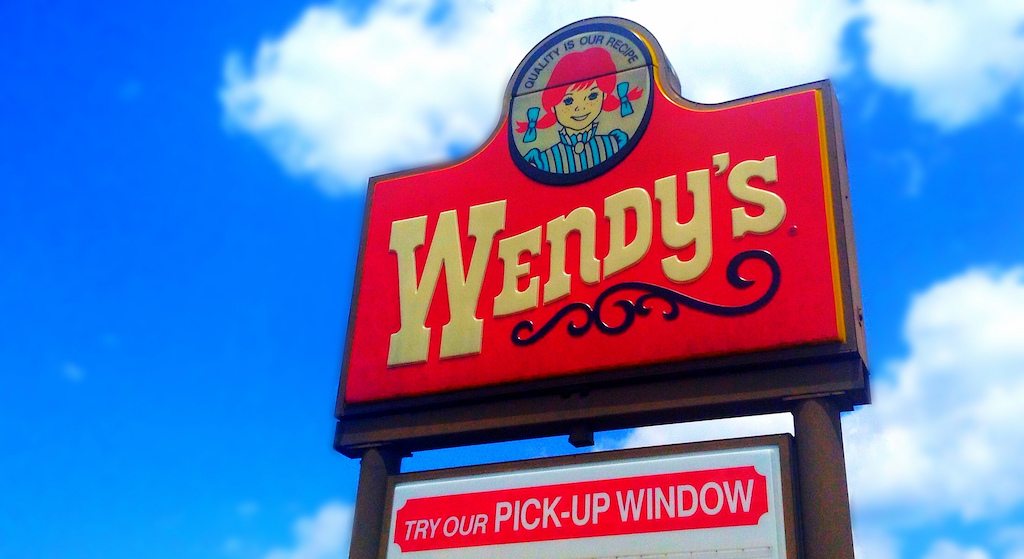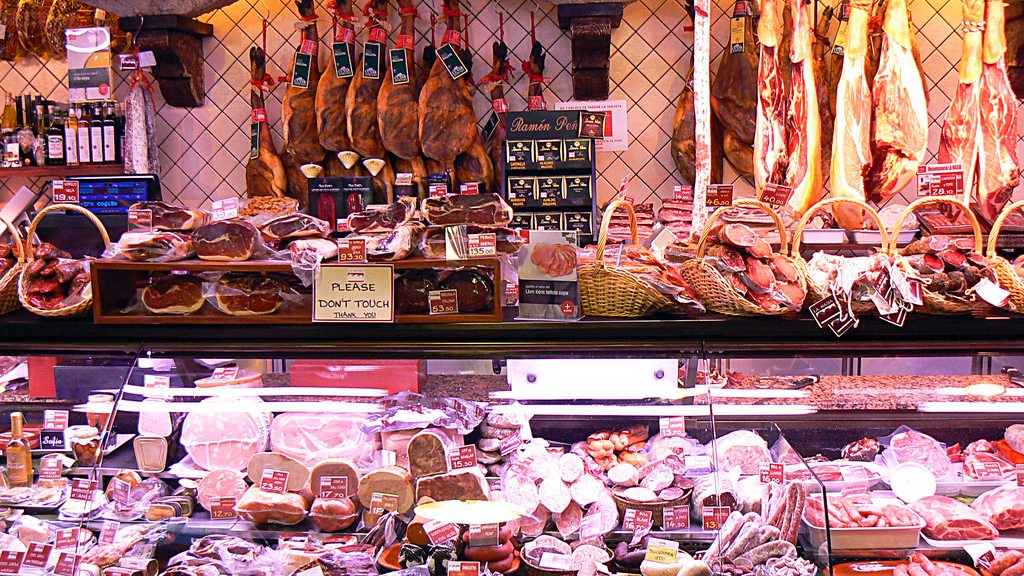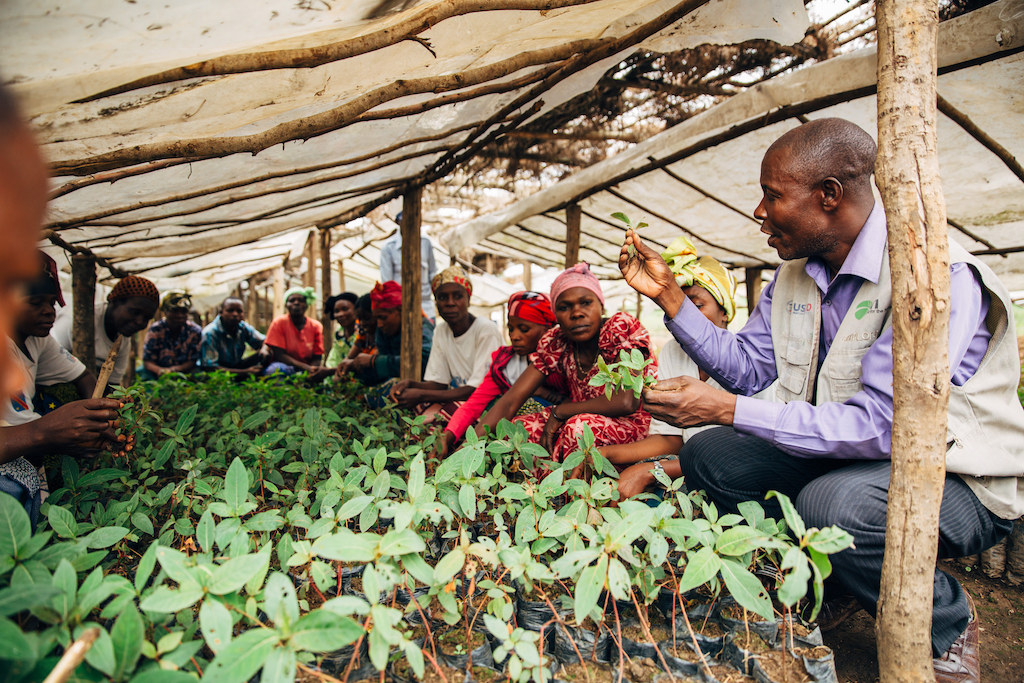Hurricane Florence is the most severe storm that Delicia Linteau has had to prepare for since moving to North Carolina 44 years ago.
On Tuesday, Governor Roy Cooper issued a mandatory evacuation order for the easternmost parts of the state. That included Newport, the town Linteau calls home, as well as nearby Morehead City where she works as the manager of Storehouse Food Pantry.
The pantry serves between 700 and 900 families each month, depending on the season, and is normally open seven days a week.
“There’s always somebody that needs food,” Linteau tells me over the phone.
But the evacuation order means that the pantry must close—a rare event, and a sign of how seriously residents and local officials are taking the incoming Category 2 storm. Before closing up shop on Tuesday, the pantry welcomed a spike in visitors seeking to stock up on food.
“I gave away a lot of food that day,” Linteau says.
“We’re making preparations for transportation, for trucks, for additional staffing,” says Liz Reasoner, executive director of Food Bank of the Albemarle and board member of Feeding the Carolinas, a regional network of food banks. “We’ve probably distributed a quarter of a million pounds collectively across [North and South Carolina] in advance of the storm.”
That’s a good thing. Increased demand shortly before Florence’s landfall means residents are more likely to have supplies, and it also means there’s less inventory on hand to be damaged by the storm. Food kept in storage risks coming into contact with flood water—which can contain waste, sewage, and bacteria—making it inedible. The U.S. Department of Agriculture (USDA) advises people to toss any food that touches flood water, including food held in containers that aren’t waterproof, such as cardboard boxes, plastic wrap, and even drink bottles with screw-caps. (A full list of the agency’s recommended precautionary measures can be found here.)
But it’s also important that some food remains on hand—people will need it in the storm’s aftermath. While residents evacuate for safer areas, food pantry managers like Linteau must do all they can to secure the supplies that remain.
Saving supplies from destruction is critically important, because many of the biggest challenges will come after Florence passes. Food insecurity increases in the days, weeks, and months after a devastating storm. And since it’s hard to know in advance which regions will be hardest hit, it’s important that food pantries across the storm-affected area remain well-stocked.
“One of the challenges that you have is trying not to presage too much product because you don’t know where the storm is going to make landfall,” Reasoner explains.
After natural disasters, it’s common for people who were previously food bank donors to rely on emergency assistance in order to get back on their feet, Reasoner tells me. A similar dynamic plays out on a larger scale when it comes to food banks in times of need—food banks, typically donors themselves, become the recipients of aid from elsewhere.
“That’s when we call upon our sister food banks across the country to send resources in,” Reasoner says. “The North Carolina food banks, South Carolina food banks, and many food banks across the nation supported [affected areas] during Hurricane Maria, Hurricane Katrina, and Hurricane Harvey. […] We step up when our sister food banks and communities need assistance and we will support each other in any way we can.”
For now, Linteau is keeping dry in Apex, a city in central North Carolina, where she is staying with her son. Florence won’t be Linteau’s first encounter with a powerful storm. Linteau grew up in the Philippines, and she and her family routinely faced strong typhoons.
In fact, at this moment, the Philippines is bracing for the impact of Typhoon Mangkhut, a storm bigger than Florence that’s expected to make landfall on Saturday. On its way over, Mangkhut has already hit islands in Micronesia, including the U.S. territory of Guam, resulting in power outages and flooding.
Linteau expects to return home next week, when Florence has run its course. Until then she’s keeping her home and her neighbors in her prayers.
“I’m praying, and I’m telling you, that’s all I do here,” she says. “I read my bible and ask that North Carolina be safe.”
